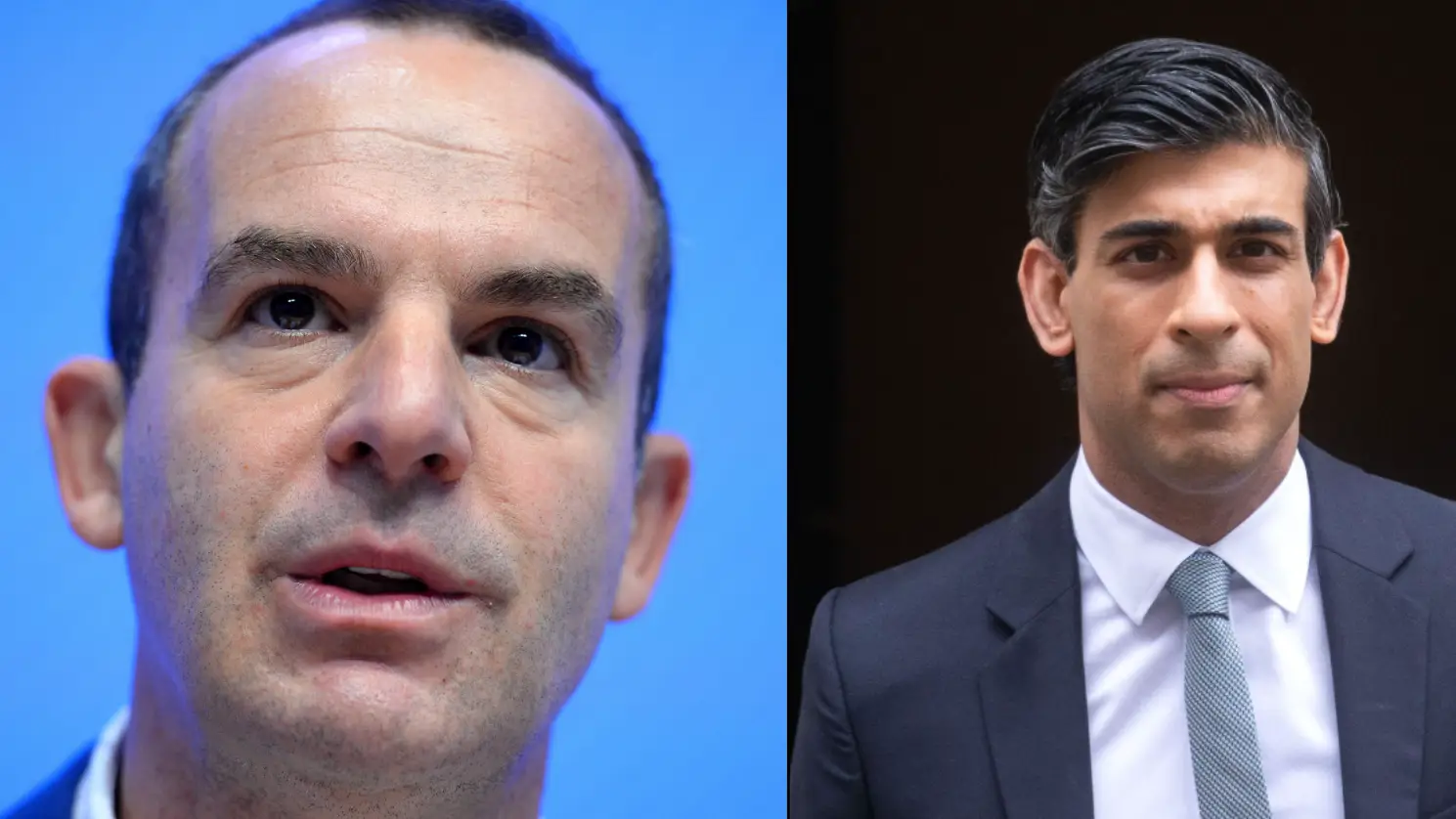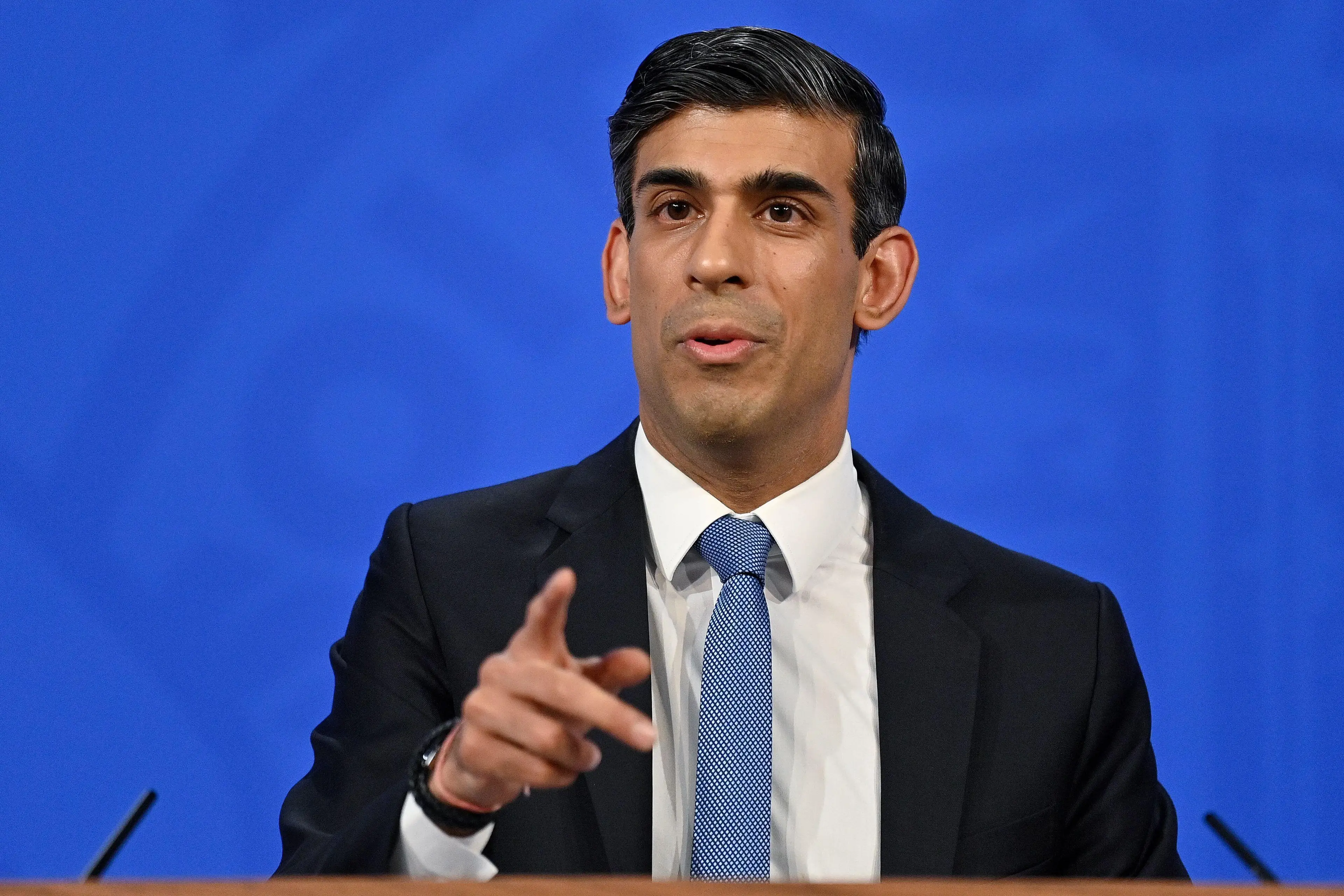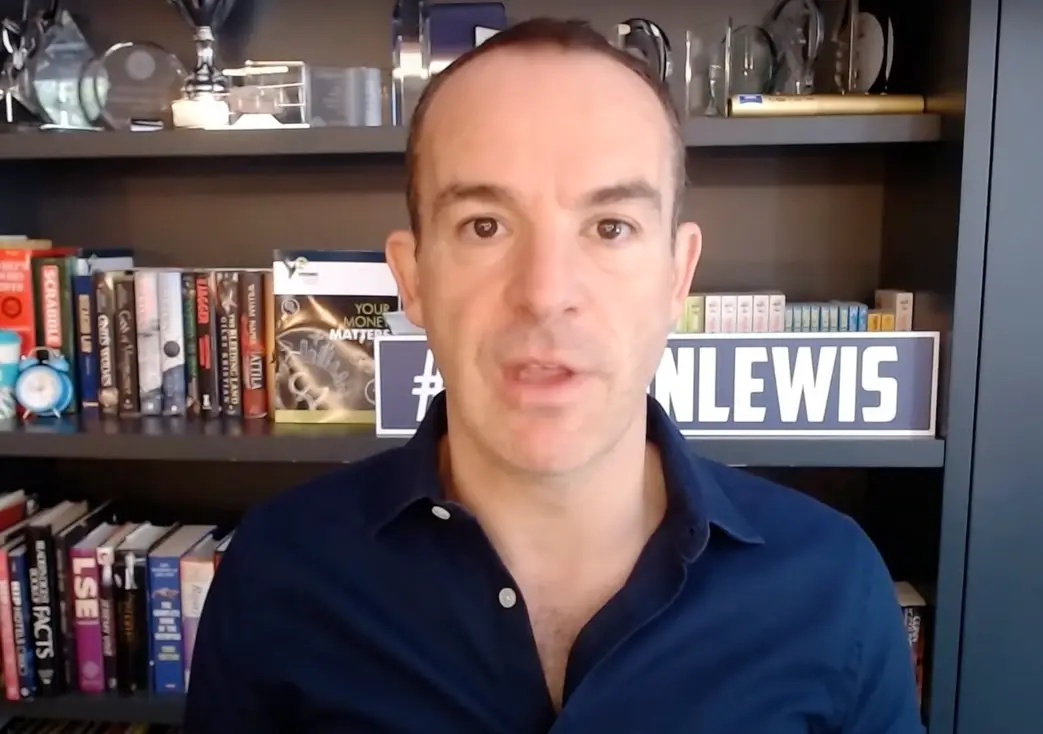
Martin Lewis has explained just how much you'll get from the government’s energy bill support in a new TikTok video.
Chancellor Rishi Sunak announced on Thursday (May 27) that £15 billion worth of aid will be distributed later this year to help with the ongoing cost of living crisis, including £1,500 for the lowest-income households and energy discounts for all.
In light of the news, the money expert has broken down what that Sunak’s rescue deal actually means in video gaining a lot of traction online.
In short, it includes a £650 one-off payment for Universal Credit and benefits, £300 one-off payment to low-income pensioners, £150 extra one-off disability payment, £400 energy discount for every household and an extra £500 milion for the household support fund.
Advert

At the start of his video, Martin said: "It's quite a good package, and it's probably better than I expected it to be. I am breathing a sigh of relief as it will relieve some of the pressure."
The ITV star then explained that the jump from the average energy price before April to this October's predicted cap means consumers are currently paying almost £1,500 a year more in a typical bill.
Breaking down what the public will get, he added: "If we look at it in the big picture then the £1,500 cost increase will see homes on Universal credit that also have disabilities, getting £12,000, homes on Universal credit and other benefits without disabilities it's £950.
"For pensioner homes it's £700 extra, and all homes, it's £400 towards the costs."
Going into more detail about what this means for households, Martin continued: "The first, for those people on benefits, there will be a £650 direct payment into people's bank accounts.
"It's a big one off cash payment - it's being done like that I suspect so it doesn't set a precedent, and they won't get the flack like they did with the £20 a week Universal Credit uplift."
Martin then discussed the other side of Sunak’s planned support and said: "For those with non-means tested disabilities, there will be £150 given."
The payments are due to be exempt from tax, without counting towards the benefit cap, and not having any impact on existing benefit awards.
They'll also be given out automatically and directly from the government in September this year.
Martin then shared: "Now, if you're also eligible for the benefit uplift of £650, you'll get both of them.
"Pensioner homes. Well, you already get the winter fuel payment that's between £100 and £300, and there will be an additional £300 on top of that paid this winter.”
Racing through the breakdown, Martin finished on the 'loan-not-loan' due to land in October for all households to help with rising energy prices and explained that it’s now 'gone'.

He shared: "That's gone. It's gone and it's been replaced with a straight grant. It's a flat reduction. It applies to every household.”
Earlier this year, Sunak said that households could reduce their energy bills with a £200 discount, which they would have to pay back in £40 instalments over the next five years.
The only point Martin didn’t mention was the extra funding being pumped into The Household Support Scheme.
£500 million is being granted to the fund in October for councils to give to their residents in the form of supermarket vouchers, free cash, and more to help with rising costs.
Ofgem has estimated that the energy price cap will rise to £2,800 in October this year.
Alongside the grants, Sunak announced a temporary tax levy to tax profits from energy companies, while trying to incentivise further investment.
The extra cash and levy will come as a relief to many across the UK, who have been struggling to cope since the April 1 energy bill increase.
Topics: UK News, Money, Martin Lewis
